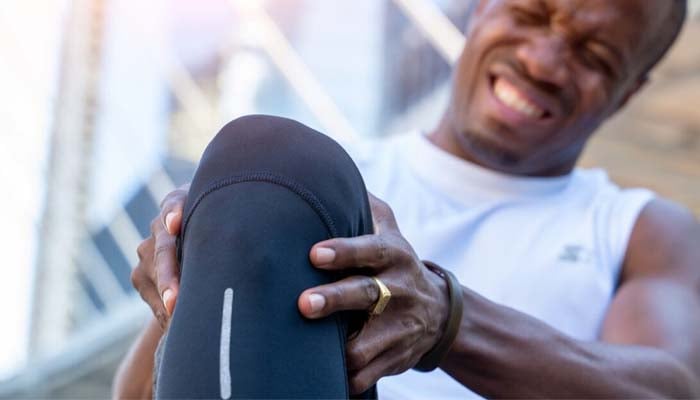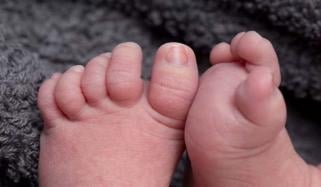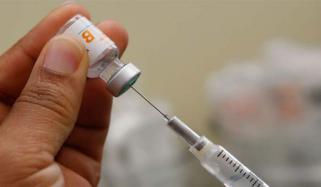
A recent study revealed that poor sleep could increase injury risk for runners.
Scientists discovered that recreational runners with disrupted sleepoing patterns are more vulnerable to injuries.
According to a study published in the Applied Sciences, the study surveyed 425 runners and tracked their sleep habits and injuries over a year.
Participants with shorter sleep duration, disrupted sleeping patterns were 1.78 times more likely to experience an injury, with a 68% chance of injury within 12 months.
Lead author Jan de Jonge, a sports psychologist at Eindhoven University of Technology, underscored that sleep is a “critical yet often overlooked component of injury prevention.”
The results are relevant for the 620 million recreational runners all across the globe; nearly 90% of users faced injuries at any stage of her life, leading to millions in healthcare costs.
Sleeping issues, such as difficulty falling asleep, frequent waking, or feeling restlessness in the morning, were associated with an increased injury risk.
Poor sleep disrupts the body's ability to repair tissues, regulate hormones, and focuses for crucial injury prevention.
Experts advised taking at least seven to nine hours of sleep daily, with athletes taking extra rest. Simple strategies such as maintaining a consistent bedtime, alcohol cessation and limiting caffeine, and keeping electronic devices away from the sleeping area enhances quality of sleep and minimise injury risk.
De Jonge concluded that sleep should not only be considered as a recovery tool but also as an injury predictor vulnerability in recreational sports.












